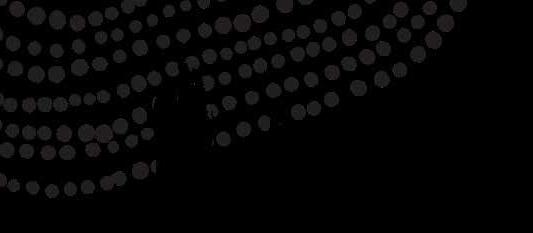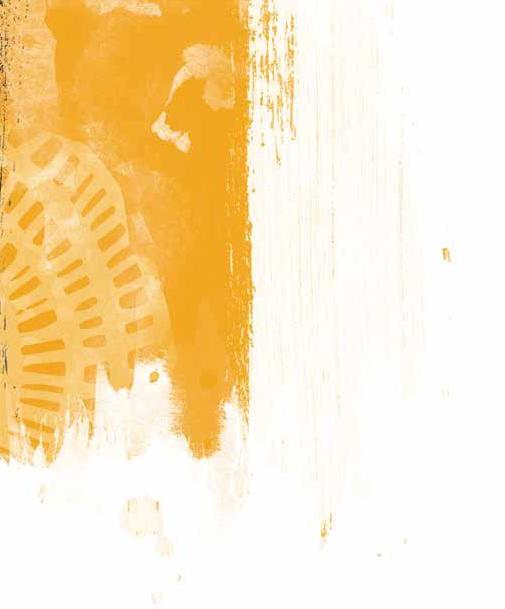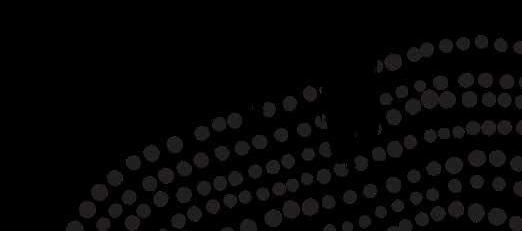
3 minute read
WHY EDUCATORS NEED TO #LEARNOURTRUTH


NIYEC and Hayley McQuire at a workshop for young First Nations people in Naarm (Melbourne). Photo: NIYEC
Hayley McQuire still remembers what it felt like to be a young Aboriginal student sitting in her grade four classroom, being taught that Captain Cook discovered Australia.
“It’s a feeling of being erased,” she said in an interview with Radio National. “I didn’t learn anything [in school] about First Nations history.”
“I grew up in my community on Country, learning stories from my dad and my family.
“Aboriginal kids bring this knowledge into the classroom, but when that’s not represented in that history lesson of how Australia came to be, it’s that feeling of erasure.”
“Where are the stories my family told me? Where’s my representation?”
For the past two years, Hayley—who is a Darumbal woman from Rockhampton in Central Queensland—has been travelling around the country as the National Coordinator of the National Indigenous Youth Education Coalition (NIYEC), listening to Aboriginal and Torres Strait Islander young people speak about their experiences in the classroom.
She’s learnt that her story is far from unique: 63% of the Aboriginal and Torres Strait Islander young people surveyed by NIYEC reported that their history lessons focused on the time after Cook arrived. These real-life experiences form the backbone of NIYEC’s new campaign: Learn Our Truth, which was launched with support from creative collective BE. and the In My Blood It Runs documentary team.

The campaign asks principals and leaders in educational institutions to take a pledge to teach the First Nations histories, knowledges and cultures where their school is located, as well as the true history of Australian colonisation.
NIYEC and Learn Our Truth is built around a central tenet of an ‘education of our own design’—an acknowledgement that our current education system is built upon a legacy of colonialism and assimilation, and that Aboriginal and Torres Strait Islander students need to be able to design their own educational experiences from a position of power and self-determination.
“It’s a ground-up community-driven approach that we are trying to really advocate for,” said Hayley in an interview with Women’s Agenda.
“It’s looking at how can we support young people in communities to establish their own types of independent schooling and develop their own curriculum from their perspective.”
After all, Aboriginal and Torres Strait Islander peoples were the first teachers, students and knowledge-holders of this land, and have over 80,000 years’ worth of perspectives and ways of doing to draw on and share. And this reclaiming will likely have far-reaching implications beyond the classroom: while the 2020 Australian Reconciliation Barometer found evidence we are moving in the right direction— including that 80% of Australians believe it is important for Aboriginal and Torres Strait Islander histories and cultures to be taught in schools—it likewise found less hopeful news, including that Aboriginal and Torres Strait Islander people continue to face exceedingly high incidences of racism.
For Hayley, it’s all connected.
“How do we have proper conversations about racism or how race operates in institutions and systems ... if we don’t have a firm foundation of where it started?
“It started with the dispossession of Aboriginal land. This country has to own up to that past.
“We have to be brave to think differently, and to reimagine what the future of learning looks like.”
Take the educator pledge at learnourtruth.com
Check out Reconciliation Australia’s Narragunnawali: Reconciliation in Education program’s three-part ondemand Reconciliation in Education webinar series. Accompanied by Professional Learning Resources the webinar series introduces participants to key concepts and supportive materials when thinking of moving from the ‘safe’ to ‘brave’ space of reconciliation within Australian schools and early learning services.

